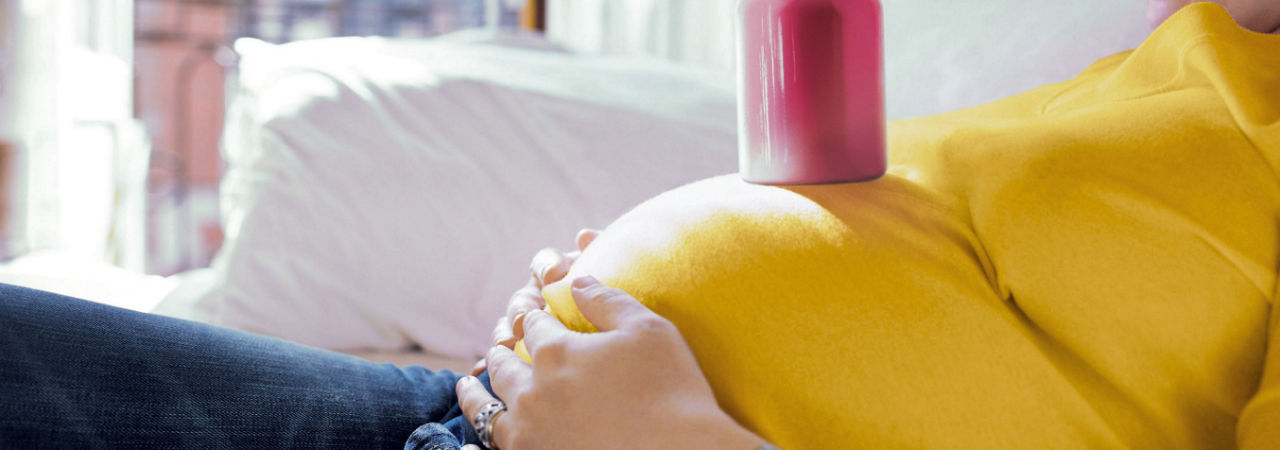Breastfeeding is the best for babies and a healthy diet / maternal nutrition is important when breastfeeding. A decision not to breastfeed can be difficult to reverse. Infant formula is suitable from birth when babies are not breastfed. It is recommended that all formula milks be used on the advice of a doctor, midwife, health visitor, public health nurse, dietitian, pharmacist, or other professional responsible for maternal and child care and the financial implications should be considered. All preparation and feeding instructions should be followed carefully as inappropriate preparation could lead to health hazards.
My 9 month old girl grinds her teeth at night in her sleep, is it normal? How can I make her feel better?

Careline
Arora Valley answered:
It is perfectly normal for baby to grind his new grown teeth. During teething, the gums are usually sore and the baby will experience some level of discomfort. He may find his own ways to relief the gum soreness, and one way of doing this will be to grind his teeth. Another reason could also be due to the fact that the newly grown teeth on the top and bottom are not properly aligned yet, thus teeth grinding occurs when baby may be trying to get a feel of their new set of teeth. Occasional grinding of teeth is harmless, but if this is done constantly and long-term, it could eventually lead to a variety of problems like teeth damage, jaw pain, and even headaches too. It can also lead to sleep disruption and ultimately cause your baby to be cranky. For a teething baby, you can relief the gum soreness by offering him a chilled teething ring to chew. Usually, teeth grinding will go away on its own as your baby grows. If it persists, then a trip to the dentist will help as your dentist will advice on the ways to treat it.

Most Loved Answer
Janice Chua Hui Li answered:
Experts don't know for sure what causes teeth grinding, but they point fingers at tension or anxiety, pain (from earaches or teething, for example), and malocclusion (a dental term for when the teeth don't line up just right). Some also suggest that allergies may play a role. Finally, your toddler may just be getting used to the sensation of having teeth in his mouth. Articles also suggest that babies are a bit more likely to grind his teeth if you do. He's also more likely to grind if he drools or talks in his sleep. About 38 percent of children grind their teeth, according to a 2005 study published in the Journal of Dentistry for Children. The average age for starting the habit is around 3 1/2 years and the average age for stopping is 6 — though, of course, people of all ages grind their teeth. Almost all teeth grinding happens at night. In most cases, teeth grinding isn't harmful. It's very unlikely that your toddler's doing any damage to his teeth, and it's very likely that he'll soon outgrow the habit. Mention it to his dentist, though, so she can check the teeth for wear and any resulting problems, like pulp exposure, cavities, and fractures. Although the noise is probably disconcerting, most likely you'll just have to wait for your toddler to grow out of it. In the meantime, it won't hurt to work on a soothing bedtime routine — maybe a leisurely soak in the tub, a little back rub, or extra cuddling in the rocking chair. If he's teething or has an ear infection, consider giving him the proper dose of acetaminophen or ibuprofen to ease the discomfort. Older children are sometimes fitted with a night guard — a plastic device fitted to the mouth to prevent clenching and grinding of the teeth during sleep. But your child's dentist probably won't consider this an option until your child has at least some permanent teeth, around age 6.
Read More

Ask Our Careline
Whatever’s on your mind, we’re here to help



